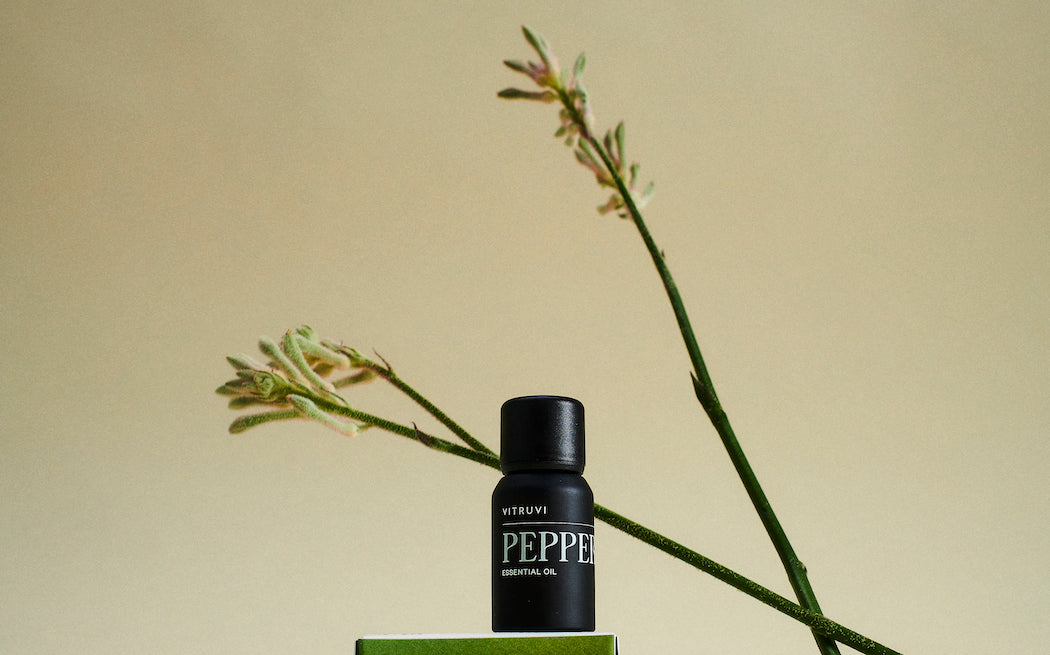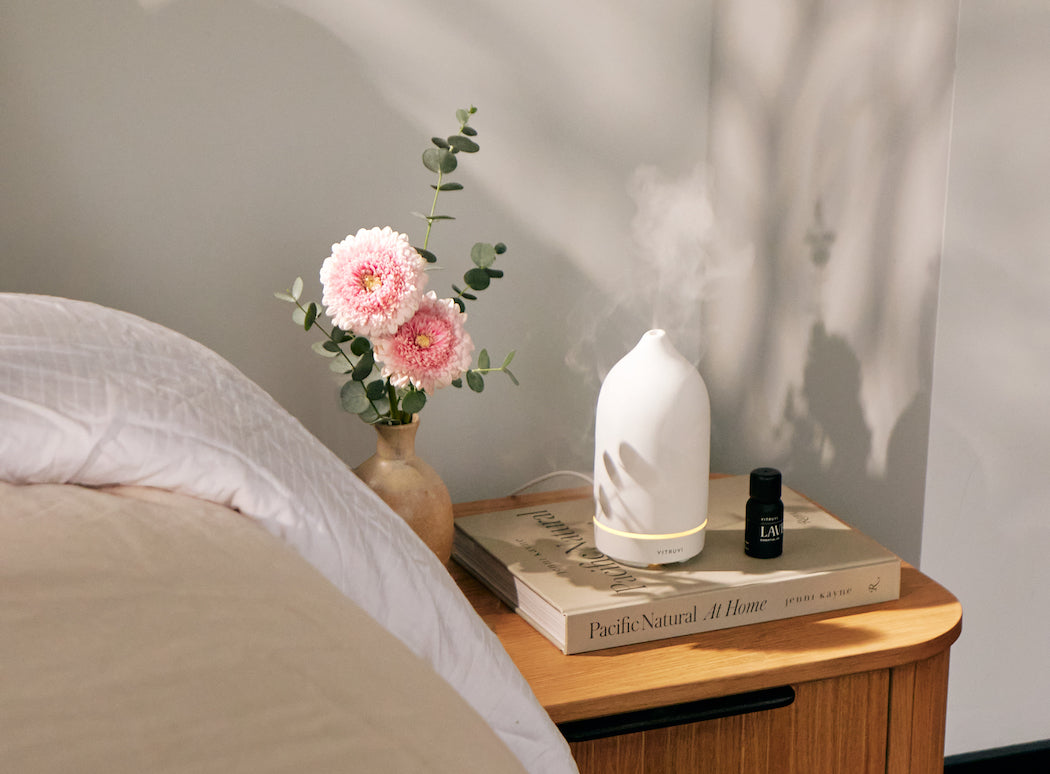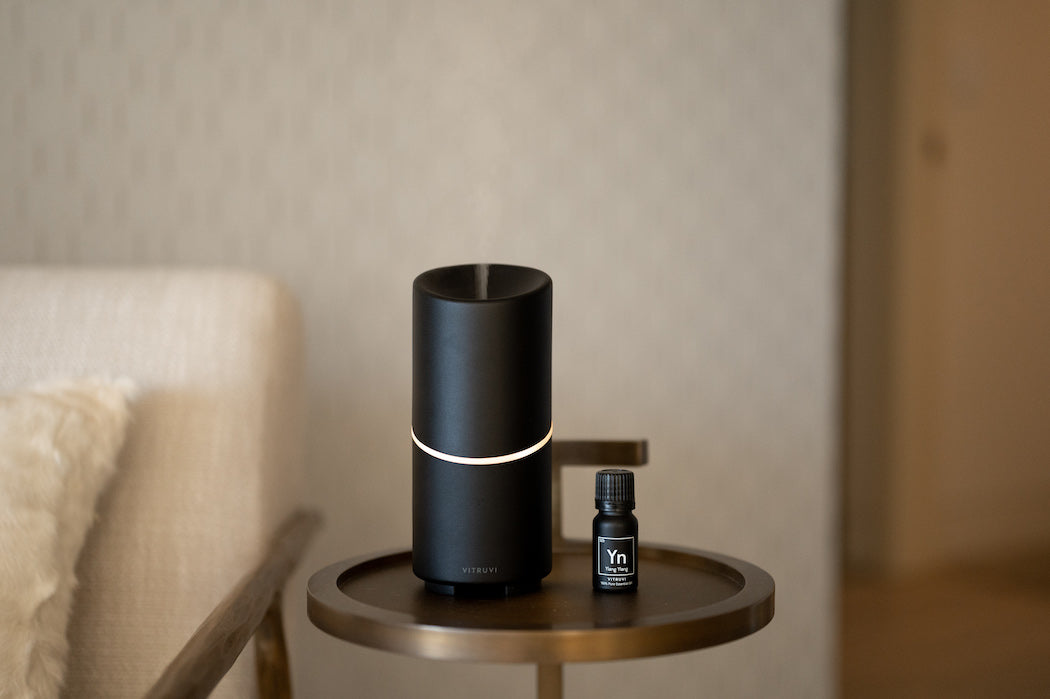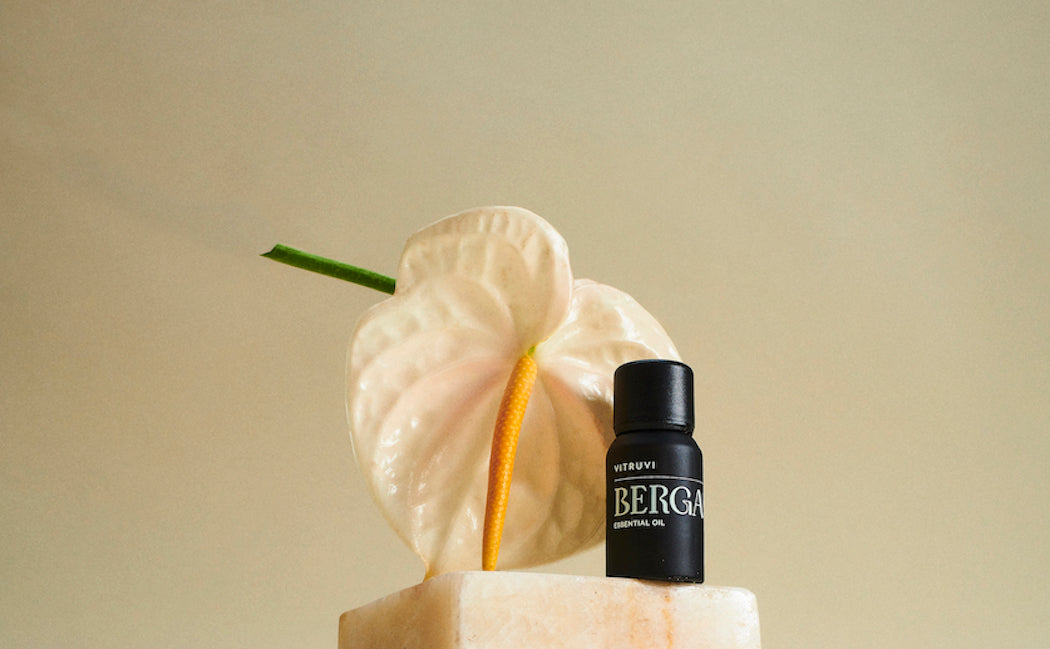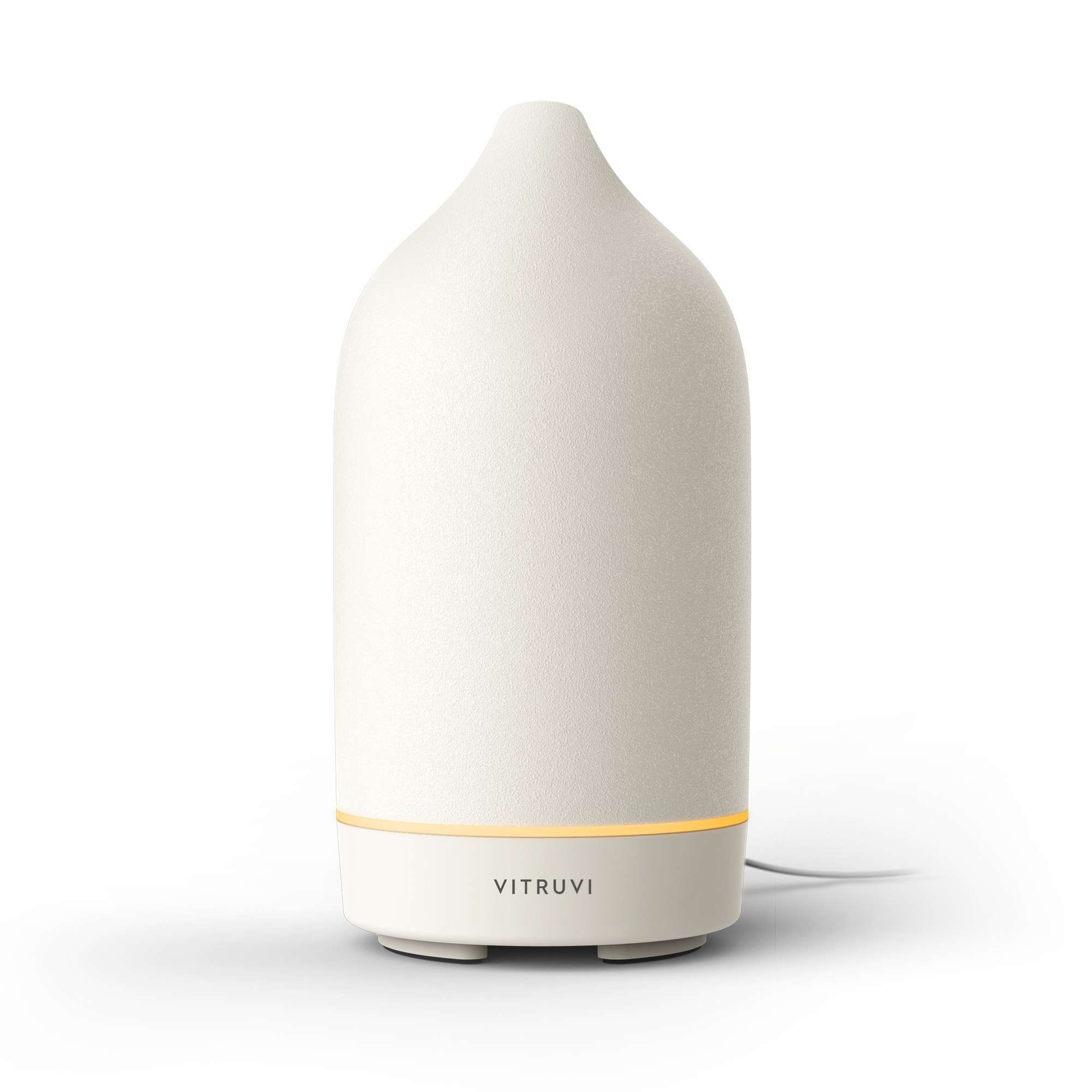When Ashleigh Smith (whose name has been changed to protect her identity) drove from Ohio to Colorado with her cat in the backseat, she was thrilled to finally get the chance to live with her long-distance boyfriend. At age 30, she thought it would be good for her mental health to leave the city where she had received a mood-disorder diagnosis, undergone years of therapy, and participated in a string of tumultuous relationships.
“I thought it was going to be perfect,” she says sheepishly, sitting cross-legged in her sunny Colorado living room and clutching a cat-shaped ceramic coffee mug. “I thought that once I lived with him, all my anxiety would go away.”
The couple broke ground to put in a garden, hung up curtains, and threw a housewarming party, where her partner’s friends all came to celebrate their new home. “I was so worried about fitting in,” recalls Smith. “My anxiety was through the roof. I ended up going upstairs and crying for hours. My boyfriend was worried that something was wrong. It wasn’t—everything should have been perfect, but of course my anxiety got in the way.”
For many people like Smith, anxiety is a constant struggle. According to a 2014 survey from the Government of Canada, three million Canadians aged 18 and up report to have a mood or anxiety disorder—which affects everything from being able to enjoy recreation and leisure activities, to working professionally, to socializing with family and friends. But perhaps the least talked about aspect of anxiety is the havoc it can wreak on a person’s—especially a woman’s—sex life.
Many of us know what sexual performance anxiety looks like in men: the premature-ejaculation treatment industry was in 2017 valued at $1,666 million USD and is growing fast, according to PR Newswire. But in women, sexual dysfunction is less understood. A woman who contends with generalized anxiety or mood disorders can experience a lack of sexual desire, struggle with arousal, difficulty reaching orgasm, and overall discomfort during intercourse.
Smith has experienced sharp pains during sex, and has also felt too distracted by racing thoughts to enjoy the experience. She didn’t immediately attribute her sexual issues with anxiety, though. “I had experienced pain during sex for years,” she says. “I thought it was normal…until it got so bad that we literally couldn’t have sex anymore.” Smith’s stress and anxiety tightened her pelvic muscles to such an extent that sex was painful. She and her boyfriend went weeks without having sex, and this made her anxiety worsen.
“The concept of performance anxiety can implicate all aspects of the sexual response,” says Sheryl A. Kingsberg, chief of the division of behavioural medicine at MacDonald Women's Hospital/University Hospitals Cleveland Medical Center, via phone. “Anxiety can interfere with a woman’s interest in being sexual, which in and of itself can be very distressing for women. The ability, even with desire, to experience lubrication or vaginal engorgement can be very difficult for someone with anxiety. Many women who experience pain during sex will have sexual problems. Anticipating pain makes them so anxious about the sexual experience that they can’t focus on having desire to begin with.” It’s a frustrating cycle, she continues: “Your anxiety makes your body close up, and that gives you more anxiety—and it becomes a compounding issue.”
To start affected women on the path to recovery, we need to have more open discussions about anxiety and sex, effectively removing the stigma surrounding sexual health and enjoyment. After all, the desire to experience pleasure is not wrong or shameful. “We need to legitimize the fact that women have the right to healthy sexual function,” says Kingsberg. “A bouquet of flowers and telling her to ‘just relax and have a glass of wine’ won’t always cut it as ‘treatment.’”
Relaxation techniques can be key, though, for those struggling with general anxiety. Deep breathing, meditation, and muscle-release systems, as well as mindfulness practises, may help reduce tension and distraction after, say, a stressful day at work. And if these techniques don’t work effectively enough or are insufficient to address a more specific sexual problem, Kingsberg has encouraging news. “Women don’t realize sexual problems are treatable,” she asserts. “When a woman comes into my office for sexual dysfunction, I’m thrilled she found me. It means that her care provider thought to ask about it, and that she was brave enough to speak up.” At the end of the day, sexual health and mental health deserve to be treated the same way as physical health: with sensitivity and optimism, and without judgement.


